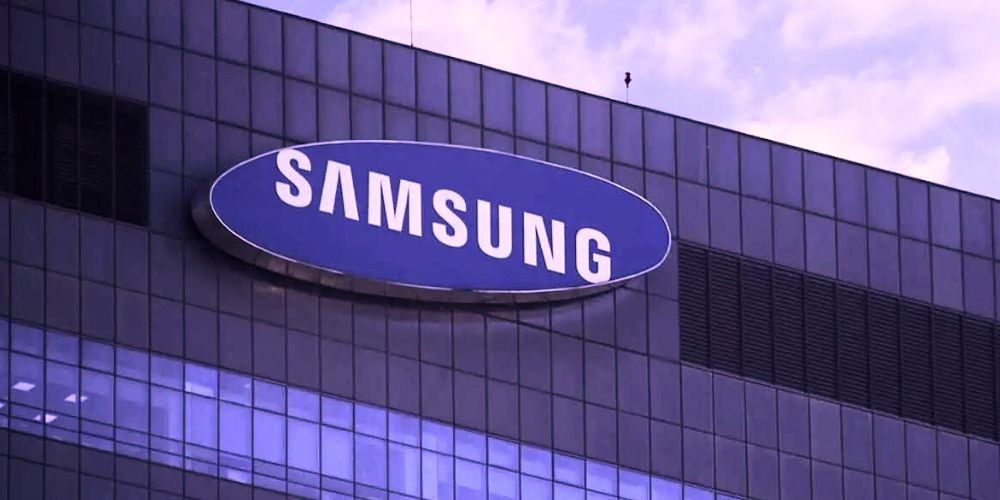Key Points
- Samsung is focusing on HBM and high-density memory chips to boost profitability amid a 40% quarterly profit decline in its chip business.
- Rivals TSMC and SK Hynix posted record third-quarter profits, benefiting from the AI-driven demand that Samsung is struggling to capture.
- Samsung warned of limited earnings growth in the fourth quarter due to stiff competition in consumer electronics.
- Samsung’s third-quarter profit of 9.2 trillion won was above initial forecasts but still below market expectations.
Samsung Electronics announced a shift in its chip strategy, aiming to prioritize high-end memory chips to bolster profitability following a significant 40% quarterly decline in chip profits. This approach contrasts sharply with competitors like TSMC and SK Hynix, who posted record profits, benefiting from a strong demand for AI-related technology. Samsung, the world’s leading producer of memory chips, smartphones, and televisions, also cautioned that its fourth-quarter earnings growth may remain limited due to escalating competition in consumer electronics, especially as the year-end peak season approaches.
In a statement, Samsung noted that while memory chip demand for mobile and PC sectors may weaken, the sustained demand for artificial intelligence (AI) applications will keep the overall market robust. “In the fourth quarter, while memory demand for mobile and PC may encounter softness, growth in AI will keep demand at robust levels,” the company stated, adding that it will focus on driving sales of High Bandwidth Memory (HBM) and high-density chips. These premium memory chips, crucial for AI applications and widely used in Nvidia’s chipsets, are central to Samsung’s new strategic focus.
Samsung reported an operating profit of 9.2 trillion won ($6.66 billion) in the third quarter, up from 2.4 trillion won a year earlier but down from 10.4 trillion in the previous quarter. The earnings were slightly above the company’s early estimate of 9.1 trillion won, though still below market expectations, leading to a 0.2% drop in Samsung shares in early trading on Thursday.
Analysts have noted that Samsung’s delay in commercializing HBM has caused its performance to lag behind competitors. Yuanta Securities analyst Baik Hyun suggests it may take additional time for Samsung to see expected returns. Samsung recently issued an unusual public apology for its performance, citing delays in sales of advanced chips to a major customer and increased competition from Chinese suppliers in traditional memory chip markets.
Samsung’s semiconductor division achieved a turnaround, posting a profit of 3.9 trillion won in the third quarter, compared to a loss of 3.8 trillion a year prior. However, this was still a decline from the 6.45 trillion won profit of the previous quarter. Samsung noted that one-off expenses, such as employee incentives and currency fluctuations due to a weaker dollar, affected chip earnings.
Meanwhile, SK Hynix and TSMC recorded their best-ever results in the third quarter, largely fueled by the demand for AI chips sold to Nvidia. In contrast, Samsung is struggling in the memory chip sector and its foundry business, which has seen growing losses. Moreover, Samsung has postponed taking delivery of ASML’s high-end chipmaking equipment for its new Texas factory due to a lack of major customers. Its mobile device division also reported a profit drop to 2.8 trillion won, down from 3.3 trillion won in the same period last year.




